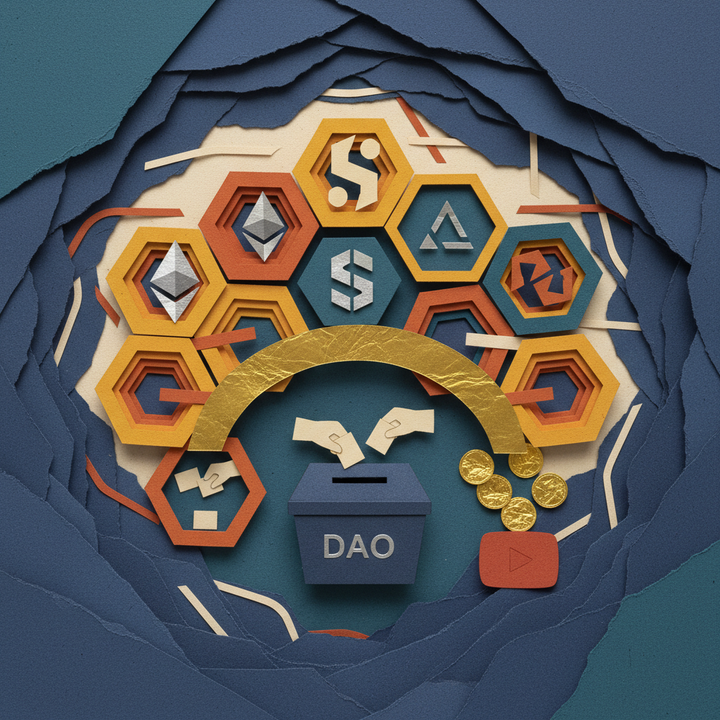Vitalik Buterin Proposes Gas Cap to Fortify Ethereum's Future

Ethereum co-founder Vitalik Buterin has proposed a new gas cap, EIP-7983, to enhance the network's security and stability by limiting the maximum gas an individual transaction can consume. This initiative aims to address transaction bloat, improve efficiency for zero-knowledge virtual machines (zkVMs), and reinforce Ethereum's core principles of decentralization.
Buterin's Push for Decentralization
Vitalik Buterin has consistently emphasized the need for the crypto industry to mature, moving beyond decentralization as merely a buzzword. Speaking at the Ethereum Community Conference (EthCC) in Cannes, France, Buterin highlighted critical "tests" for crypto projects to ensure genuine decentralization and user protection:
- The Walk-Away Test: Can users retain their assets if the application's supporting company disappears?
- The Insider Attack Test: How much damage can be inflicted by malicious insiders or compromised interfaces?
- Trusted Computing Base: How many lines of code must be trusted to safeguard user funds or data?
Buterin warned against layer-2 networks, DeFi projects, and "decentralized" front-ends that rely on hidden backdoors or insecure interfaces, stressing that such vulnerabilities undermine the very essence of decentralization. This broader vision underpins his latest technical proposals, including the gas cap.
EIP-7983: Capping Transaction Gas
Co-authored by Buterin and Toni Wahrstaetter, EIP-7983 proposes a hard cap of 16,777,216 gas (2²⁴) for individual transactions. This is a significant departure from the current system, where a single transaction can theoretically consume an entire block's gas limit, leading to performance and security challenges.
Key Benefits of the Proposed Gas Cap:
- Enhanced Network Stability: Prevents single, large transactions from overwhelming block capacity and disrupting workload distribution.
- Improved zkVM Compatibility: Encourages large transactions, such as contract deployments, to be split into smaller, more manageable chunks, simplifying processing for zero-knowledge virtual machines.
- Reduced DoS Attack Vectors: Limits the potential for denial-of-service attacks by distributing gas consumption more evenly.
- Simplified Engineering: Provides more predictable transaction processing costs and simplifies downstream engineering efforts.
While the proposal is currently in draft status and open for community review, its authors note that most real-world transactions already fall well below this proposed limit, minimizing potential disruption for users and developers. This move aligns with Ethereum's long-term shift towards modularity and tighter execution guarantees at its base layer.
The Road Ahead for Ethereum
EIP-7983 is part of a larger effort to simplify Ethereum's base protocol, a goal Buterin articulated earlier this year. He envisions a leaner, more efficient, and secure network within the next five years, drawing inspiration from Bitcoin's minimalist approach. By addressing core protocol issues and reinforcing decentralization, Buterin aims to ensure Ethereum's continued relevance and resilience in the evolving crypto landscape.
Sources
- Ethereum’s Vitalik Buterin Says the Ecosystem Is At Risk If Decentralization Is Just a
Catchphrase, CoinDesk. - New Ether Proposal Seeks 16.7M Gas Cap to Rein In Transaction Bloat, CoinDesk.
- Vitalik Proposes 16.77M Gas Cap for Ethereum to Enhance Security, Cointelegraph.
- Ethereum Blockchain Is at Risk If Decentralization Is Just a Catchphrase, Buterin Says, CoinDesk.


